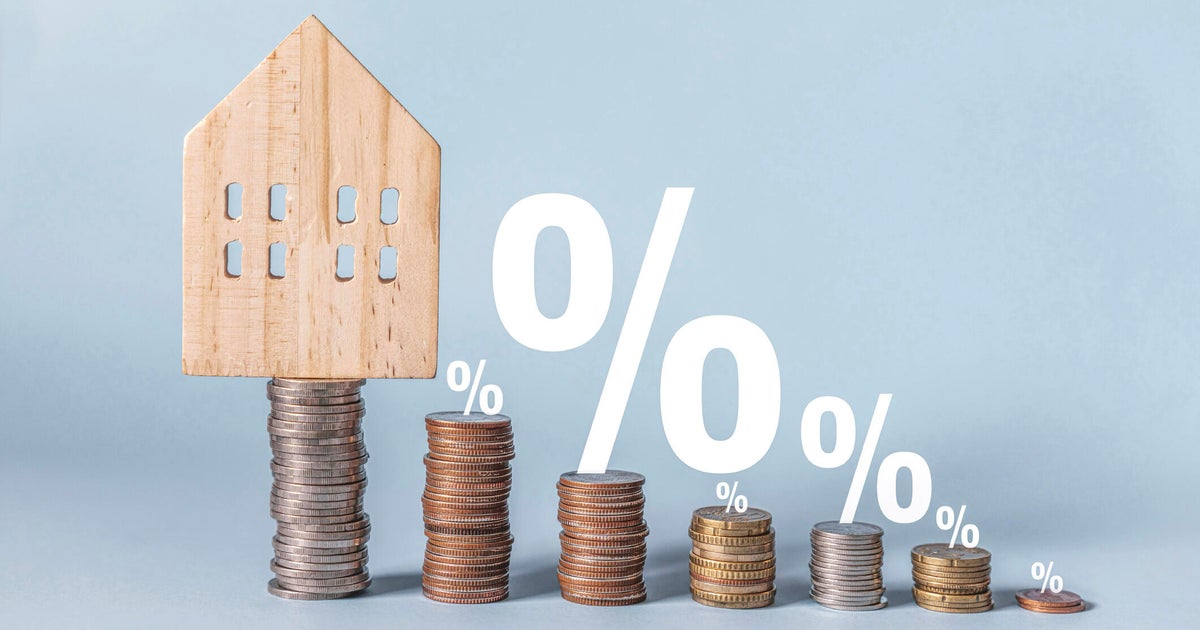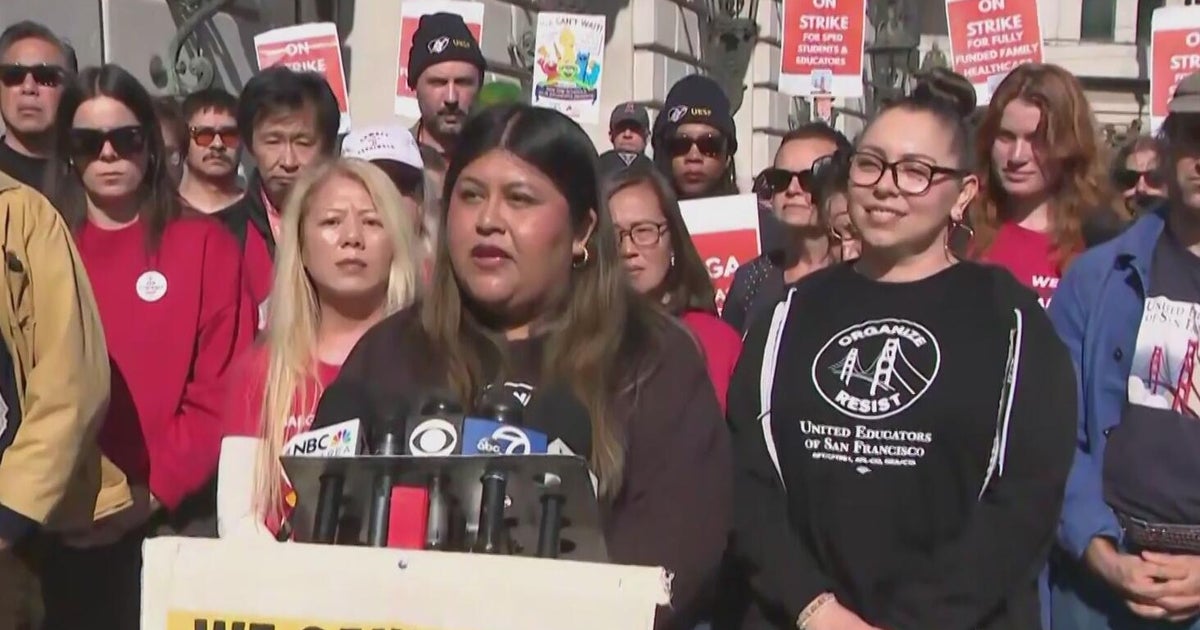4 ways to avoid mortgage rate lock extension fees
Mortgage rates might be high, but there are still reasons to buy a home. Maybe you're changing jobs, having a new child, or just want to put down roots and get out of the rent race. Whatever the reason, a rate lock may help you get into that dream home.
Rate locks guarantee you your quoted interest rate for a certain amount of time — usually around 30 to 60 days. But in today's environment, where rates are often ping-ponging up and down often, that may not be enough. And if you want to keep from getting stuck with a higher rate — say, if your closing takes too long — you'll need to extend your lock for a longer period of time.
This usually comes with a fee — sometimes up to 0.5% of your loan amount. However, if you want to extend your rate lock and avoid these fees there may be a few ways to do it.
See what mortgage rate you could lock in here now.
4 ways to avoid mortgage rate lock extension fees
Here are a few approaches to take to avoid having to pay a mortgage rate lock extension fee.
Ask your lender or the seller to cover it
If you need an extension because closing is taking too long, there's a chance your lender will cover the costs. The same goes for if the seller causes the delay.
As Mason Whitehead, branch manager at Churchill Mortgage, explains, "If the extension is needed due to a lender delay, the lender should cover it. If it is due to the seller, then many times, you can negotiate for the seller to pay for any extension — or other costs — incurred by the delay."
Even if it's not another party's fault, your lender may still cover the extension — especially if it's only a short one you're in need of.
"Approximately 50% of the lenders I work with may offer extensions of five days at no cost if negotiated," says David Kakish, producing branch manager at C2 Financial, which offers mortgage and real estate services.
Explore all of your mortgage rate options here today.
Change lenders
Another option is to change lenders and apply for a new loan altogether. With this strategy, you'll be quoted a new rate (based on the current market) and can start a new 30- or 60-day rate lock for no fee.
This process can be "a big headache," though, Whitehead says, and will likely only delay your home purchase further. You'd only want to do this if the potential savings were particularly high.
"Applying for a new loan with a new lender will only be more cost-effective if the rate has changed or reduced a significant amount," says Ralph DiBugnara, senior vice president of Cardinal Financial, a mortgage lending company.
Choose the right lock term
Being careful about what lock term you choose from the start can help you avoid these fees, too. Most lenders will give you 30 to 60 days complimentary, but if you're worried about closing on time or just need some extra wiggle room, ask about longer rate-lock periods.
"Precise planning around the timeline of your closing is key," Kakish says. "Opting for a 45-day rate lock upfront is more cost-effective than starting with a 30-day lock and extending it later."
You can also wait to lock your rate until you're closer to finalizing your loan.
As Sarah Alvarez, vice president of mortgage banking at William Raveis Mortgage, advises, "Make sure you are locking in at the appropriate time."
Lock in a mortgage rate here now.
Make sure you close on time
Finally, do all you can to ensure your loan closes on time. "Set a timeline for closing that everyone is aware of and sticks to," DiBugnara says. "That should include attorneys, sellers, and Realtors, as well as your lender."
Make sure you respond to your loan officer quickly, too. If they have questions or ask for extra documentation, get back to them the same day if possible. Failing to respond quickly will only delay your loan closing.
Shop around for your lender
When initially applying for your loan or refinance, make sure you shop around for your lender, as rate lock options and fees can vary widely. Ask each lender you consider about their rate lock periods, as well as any fees to extend those. Knowing this going in can help you choose the right lender and lock term from the start.




